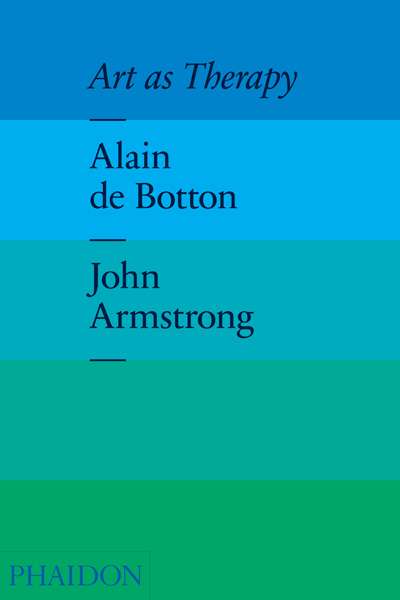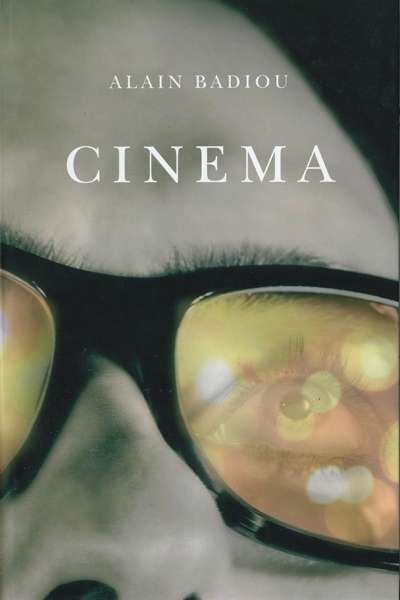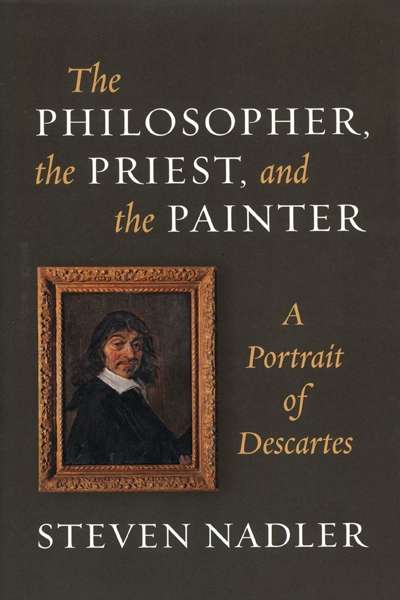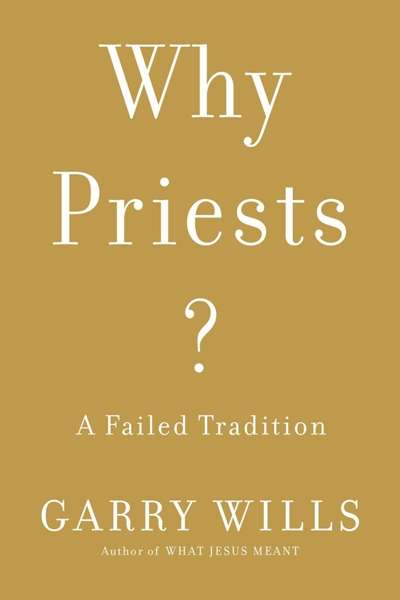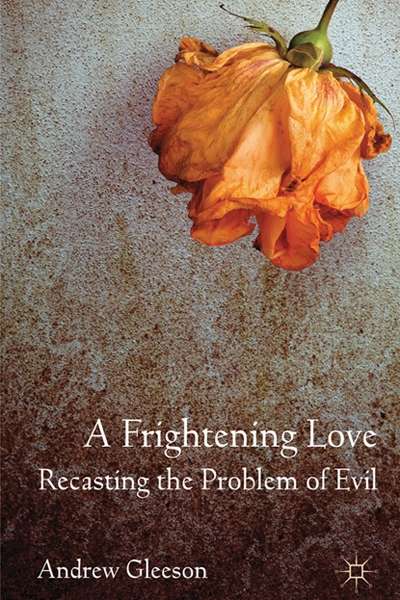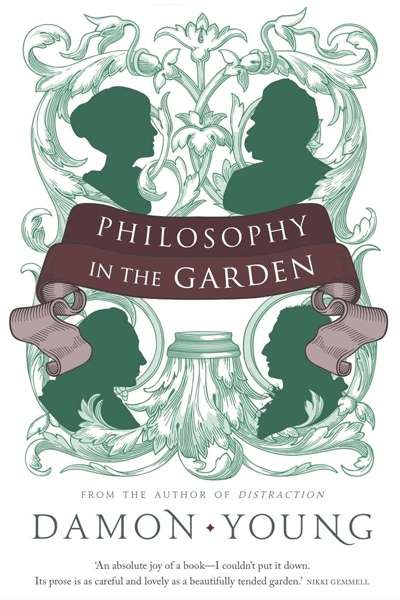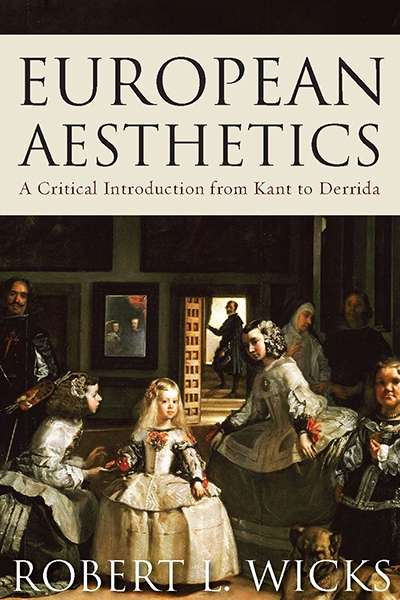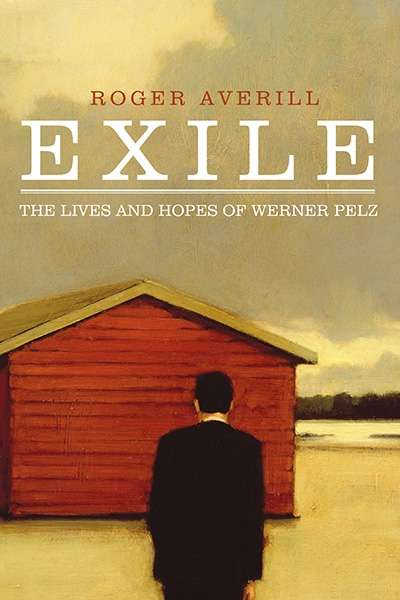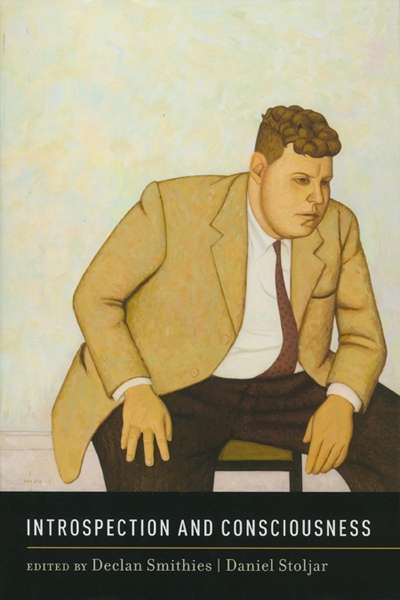Philosophy
From the Enlightenment, according to contemporary critics, came a dream about human progress from which we have awakened. The Enlightenment is commonly presented as an intellectual era when philosophers believed that reason would solve all human problems and provide a solid foundation for morality and politics. But surely we now know better.
... (read more)Art, in all its diverse manifestations, from storytelling to picture-making, from singing and dancing to poetry, is as distinctive and universal an activity of the human mind as language. It is, in essence, a way of thinking about the world, of shaping experience as it is felt to be and reshaping it as it could be, that long predates the development of rational reflection. Stories have been told for thousands of years, perhaps tens of thousands; philosophical and scientific thought begins, for practical purposes, around 2500 years ago.
... (read more)Cinema by Alain Badiou, translated by Susan Spitzer
In recent years, the work of French philosopher Alain Badiou has been discussed with increasing regularity as part of an academic dialogue between cinema studies and philosophy that is often called ‘film-philosophy’. His various writings on cinema were for a long time scattered among many different sources, the majority untranslated. With its original 2010 French version and now this English translation, Cinema has finally changed all that. Containing thirty-one different pieces, all but five appearing in English for the first time, this important book offers a unique contemporary philosopher’s rich, varied, yet always coherent and evolving response to cinema spanning seven decades.
... (read more)The Philosopher, the Priest, and the Painter: A Portrait of Descartes by Steven Nadler
In this short and accessible book, Steven Nadler, an accomplished historian of seventeenth-century philosophy, turns his attention to René Descartes (1596–1650) and his cultural milieu in Holland in the 1630s and 1640s. His angle of approach is to take the familiar portrait of Descartes, attributed to Frans Hals – versions of which grace the covers of the vast majority of textbook editions of Descartes’s works – and to illuminate the three intersecting lives to which it bears tribute.
... (read more)Garry Wills is a distinguished American historian whose writings over the past twenty years or so on the frailties of the Catholic Church, notably in such books as Papal Sin: Structures of Deceit (2000) and Why I Am a Catholic (2002), have provided stinging critiques of the institution to which he still steadfastly belongs. His new book, Why Priests? A Failed Tradition, continues the theme by rejecting the validity of the very idea of the Catholic priesthood. And if this is not sufficiently radical, Wills’s subversion of the priesthood also involves a critique of the doctrine of the Real Presenceof Christ in the Eucharist, the status of the sacraments, of mainstream accounts of the Atonement, and of the standing of Paul’s Epistle to the Hebrews.
... (read more)A Frightening Love: Recasting the Problem of Evil by Andrew Gleeson
The main aim of this book, which is written by a philosopher for other philosophers, is to take them to task for their failings. As Andrew Gleeson writes in his preface, ‘overall the book is a case study in the dissociation of a certain way of doing philosophy from its subject matter’.
... (read more)P hilosophy in the Garden is the latest book from philosopher and social commentator Damon Young. The text contributes to existing studies of the cultural and personal significance held by gardens. Young begins by noting that gardens ‘can console, calm and uplift’, as well as ‘discomfit and provoke’. This range of responses adds to the ‘philosophical value’ of these spaces. Young moves on to discuss several ‘great minds, and the gardens they loved (or loathed)’. These include the authors Leonard Woolf (best known for being Virginia’s husband), Colette, George Orwell, Marcel Proust, and Jean-Paul Sartre.
... (read more)European Aesthetics: A Critical Introduction from Kant to Derrida by Robert L. Wicks
It is possible to imagine a culture that treats art merely as decoration, but to inheritors of the European tradition this idea of art’s function is demeaning. We expect great art to express or reflect the spiritual and philosophical preoccupations of our cultural heritage. No system-building philosopher in modern European history would have failed to incorporate an aesthetic theory into his theoretical scheme. Philosophical system-building has been debunked and largely abandoned, but contemporary European thinkers continue to pronounce on art from the perspective of their philosophies.
... (read more)In 1985, at La Trobe University, a sociology undergraduate is in a tutorial with his supervisor. He has chosen to write 6000 words on the role of art and the artist in capitalist societies and his sixty-four-year-old tutor has, rather surprisingly, encouraged him.
... (read more)Introspection and Consciousness edited by Declan Smithies and Daniel Stoljar
I have beliefs about what you believe. I also have beliefs about what I myself believe. The big difference between the two cases is how I come by these beliefs. By and large, my beliefs about what you believe come from observations of your behaviour (understood in a wide sense, which includes the environment in which your behaviour is located). Here are two illustrations. You sell all your shares and buy gold. I infer that you believe that gold will outperform shares. You write an article saying that the Coalition will win the next election. I infer that you believe that the Coalition will win the next election. However, my beliefs about what I myself believe don’t usually come from observations by me of my own behaviour. My belief that gold will outperform shares may explain why I sell all my shares and buy gold, but it doesn’t reveal to me that I have this belief. Likewise, I don’t need to write an article saying that the Coalition will win the next election in order to discover that I have this belief. There is, to borrow some jargon, a first person–third person asymmetry in how we arrive at beliefs about beliefs.
... (read more)


